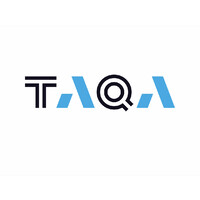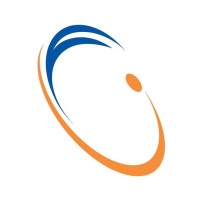
TAQA Group
Established in 2005, TAQA is a diversified utilities and energy group headquartered in Abu Dhabi, the capital of the United Arab Emirates, and listed on the Abu Dhabi Securities Exchange (ADX: TAQA). TAQA is a fully integrated utility company, with significant power and water generation, transmission and distribution assets, as well as upstream and midstream oil and gas operations. The company's assets are located in Canada, Ghana, India, Morocco, Oman, Saudi Arabia, the United Arab Emirates, Netherlands, the United Kingdom and the United States. For more information, please visit: www.taqa.com.






